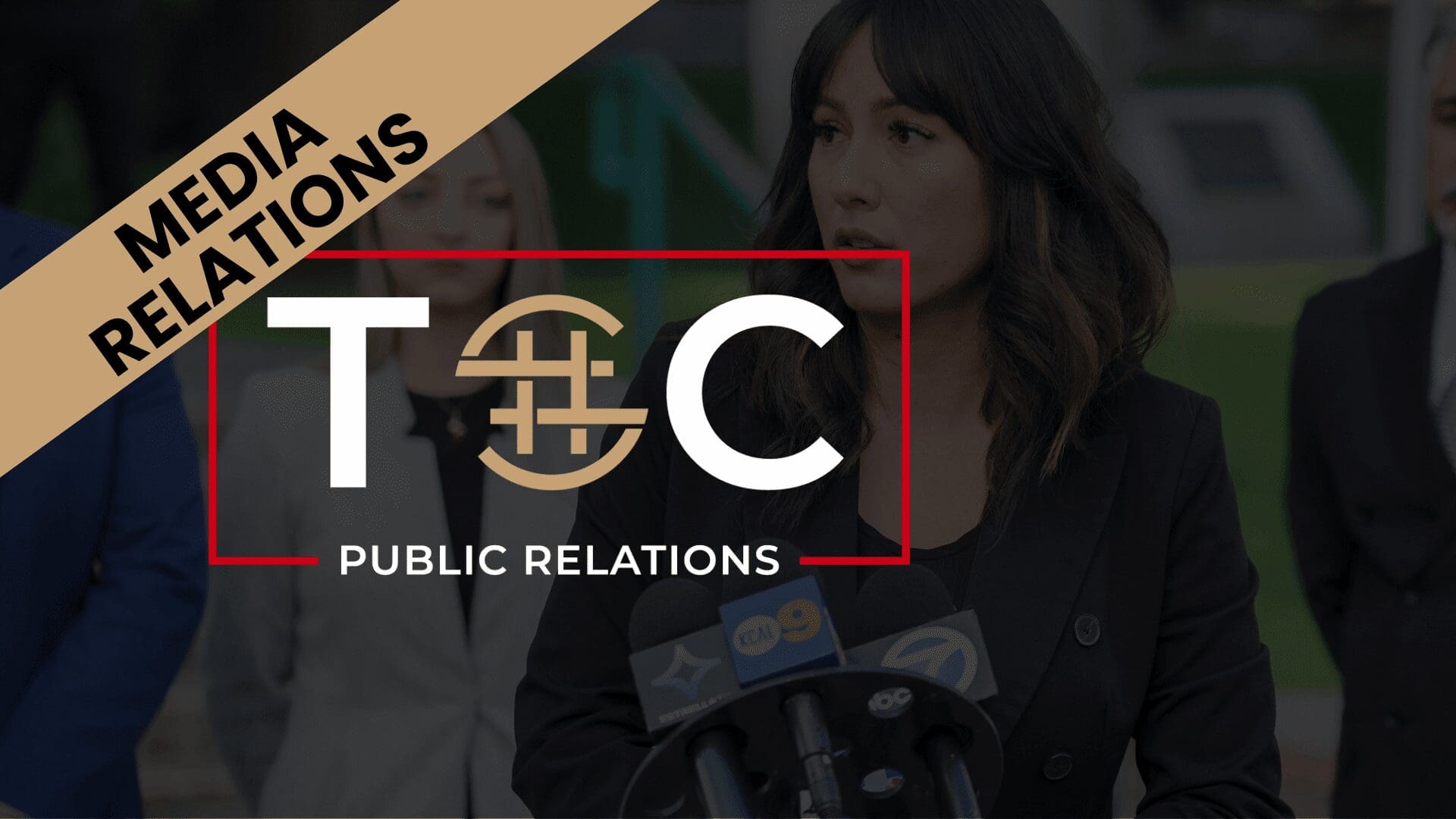Giving your first press conference or sometimes even giving your 20th press conference can be a daunting experience. Maybe your agency is providing you with a week to plan, or perhaps you have less than a day before the conference; either way, we have your back.
Staying on track and planning from start to finish is key to ensure you have total control of your conference and the messaging that will be disseminated to the press at the event.
To assist you now and in the future, Law Enforcement Social has compiled six major tips to elevate your coordination of the event, to deliver a compelling message that will generate news coverage from the press and maximize coverage for your agency.
Create a Press Converence Management Guide
While creating a press conference management guide is not mandatory in ensuring a successful event, putting one together will assist in making certain you are hitting all of your points and not forgetting any of the many moving parts. This management guide does not even have to be complex; even a simple checklist could work.
Here are some items you may want to include in your press conference management guide:
- Define the message
- Schedule date and time
- Pick the location
- Train participants
- Contact media
- Practice speech, practice Q&A
- Write messaging down
- Prepare conference space
- Generate a press kit
- Follow up with media
- Craft your message
Messaging
The pivotal part of the entire press conference is it’s messaging. Generating compelling and concise talking points is key in making sure the press retells your agency’s story with its original intent.
Write three to five key talking points, no more, no less. Not providing more than five key talking points will assist you and your agency stay on track, maintain your audience’s attention, and ensure that what you are saying is easily understood.
Having too long of messaging at a press conference increases the probability of the message getting lost or misconstrued. Finally, make sure the talking points coming out of your mouth and the talking points in the press kit or other items are consistent with the agency’s messaging; this will ensure credibility.
Pick a Site
Picking a site for your press conference is almost as important as generating the message. It’s important to choose a location close to reporters and news publications that you invite because what good is hosting a press conference without press?
It’s also important to pick a space that does not have many distractions, such as background noise or a highly populated location. Sometimes in our field, it’s difficult to be visually appealing, but try your hardest to choose a place that is as visually appealing as possible; this will ensure reporters garner great photos and b-roll to help tell the story.
Best Days for Press Conference
Another note to remember is that the best days of the week to host press conferences are on Tuesdays, Wednesdays, and Thursdays, between the hours of 10 AM to 11 AM, as they’re deemed slow news days for the press.
Practice Talking Points, Practice Q&A
Ahead of the press conference, it’s important to go over your talking points and make any revisions if needed. It’s best practice to go over your talking points; no need to memorize, but make yourself comfortable with the messaging. Read your talking points out loud, and practice your tone and diction; it’ll increase your level of confidence at the conference.
For this next part, enlist a co-worker to assist you in briefly going over a Q&A. Put yourself in the place of the press, and think to yourself, if you were them, what would they be asking? Write those questions down and formulate responses to those potential questions. Following the conference, you can also use these questions and answers for your press kit.
Follow Up After Press Conference
Following the press conference, always follow up with the press who were in attendance. Send them an email later that afternoon or evening and thank them for attending the event. In this email, you can attach a press kit or a press release that they can refer to when writing their article or editing their news segment.
Making yourself available to the press and providing additional information to them will strengthen your relationship with them. Strengthening a relationship with the press increases the chances they will attend future press conferences and convey your messaging in the truest form.


